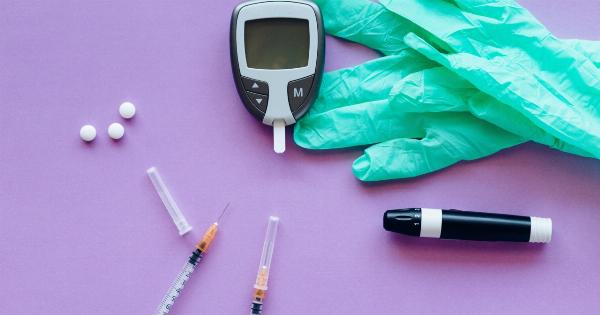Lobotomy, also known as leucotomy or prefrontal leukotomy, made its way into the medical field in the early 20th century.
The procedure involves cutting or stabbing the brain’s prefrontal cortex, the area responsible for social and emotional functioning.
It was thought to cure mental illnesses ranging from depression to schizophrenia. But the truth was far from that. Lobotomy had a dark and brutal history, leaving patients with irreversible damage and trauma.
Oh, and that cure? It wasn’t that effective after all.
The Beginnings of Lobotomy
The birth of lobotomy can be attributed to Portuguese neurologist Antonio Egas Moniz. Moniz believed in the concept of cortical localization, that is, the idea that specific areas of the brain control certain functions.
He hypothesized that severing the connections between the prefrontal cortex and the rest of the brain could cure psychiatric patients.
Moniz carried out his first lobotomy in 1935 on a patient named “Senhor A.” Despite its success, Moniz faced severe criticism and skepticism from peers and the media alike.
With some encouragement, Walter Freeman and James Watts, both American physicians, pioneered the lobotomy in the US.
The Brutality of Lobotomy
The lobotomy was a relatively simple procedure. It involved inserting a sharp instrument, like an ice pick, into the brain via the eye socket.
The tool was then moved from side to side with force, severing the connections between the prefrontal cortex and the rest of the brain. In some cases, the instrument was inserted through the skull into the brain.
The process was quick and did not require anesthesia. Patients were usually tied down to a table or chair and given electric shocks to calm them down before the procedure.
Freeman had even developed his own portable lobotomy kit, perfect for performing the procedure outside of operating rooms. Due to the simplicity of the procedure, the practice quickly became widespread, reaching its peak by the 1950s.
After Effects of Lobotomy
While lobotomy promised a cure, it also caused severe damage to the brain. Some patients became catatonic or comatose, while others suffered from incontinence, loss of muscle control, or seizures. Others experienced personality changes or memory loss.
In some cases, patients died from the procedure, either during or after.
The after-effects of lobotomy went beyond physical scars. Patients reported feeling like they were living in a dream, feeling disconnected from their emotions and the world around them.
They were often abandoned by their families and society and spent the rest of their lives in institutions.
The Ban on Lobotomy
In the US, lobotomy was still being widely performed as late as the 1960s. However, the procedure was eventually scrutinized by health professionals and condemned by the public.
More effective drugs for psychiatric disorders began to be developed, lessening the need for lobotomy.
In the UK, the infamous Rosemary Kennedy case raised awareness about the dangers of lobotomy. Rosemary, the sister of US President John F. Kennedy, was subjected to a lobotomy in 1941, which left her severely disabled.
This case and others like it prompted the British government to ban lobotomy in 1954.
Soon after, other countries, including France, Germany, and Japan, followed suit. However, lobotomy was still being performed in some countries, like Portugal and Italy, as late as the 1980s.
The Legacy of Lobotomy
The legacy of lobotomy is a dark one. The promise of a cure for psychiatric illnesses turned out to be a false one, resulting in irreversible damage and trauma for thousands of patients.
It also raises questions about medical ethics, patient consent, and the role of the doctor in the treatment of mental illnesses.
While lobotomy is no longer practiced today, its effects still reverberate through society. It serves as a reminder of the dangers of unchecked medical experimentation and the importance of responsible and ethical medical practices.
Conclusion
Lobotomy is a cautionary tale about the dangers of unchecked medical experimentation. The procedure was brutal, ineffective, and caused irreparable damage to patients.
While it is no longer practiced today, it serves as a reminder of the importance of responsible and ethical medical practices. History has shown us that we still have a long way to go before we fully understand the complexities of the brain and mental illness.































